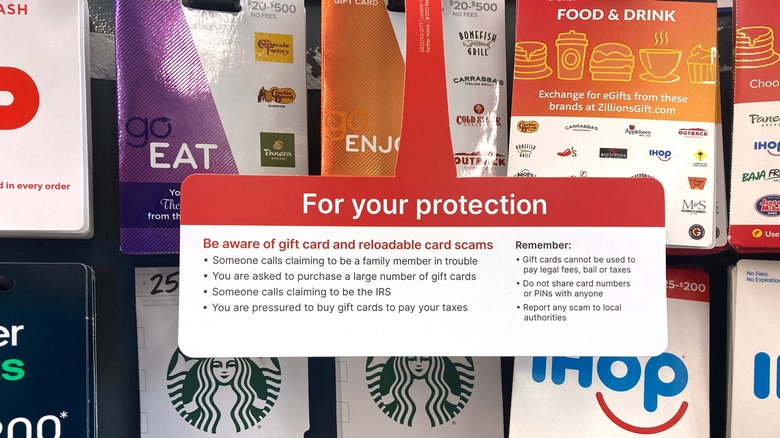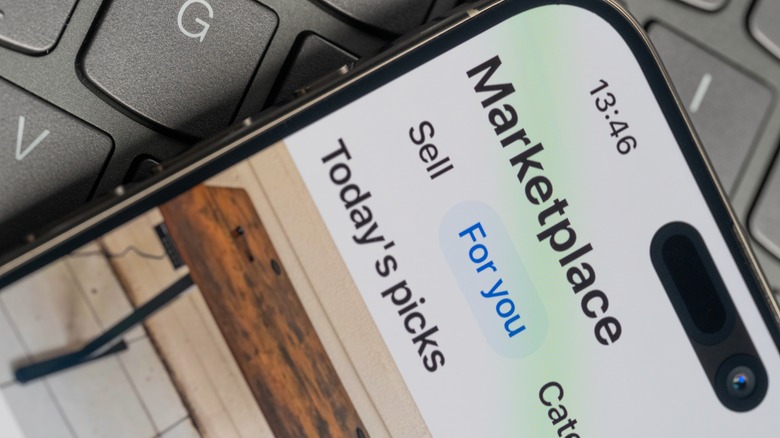
When planning to buy a car, it’s common for buyers to look for a favorable deal. This often means exploring a broad array of vehicles to make the best decision. Considering a used car can be wise, especially since the cost of new cars can be daunting. For instance, the average cost of a new car in December 2024, as reported by industry guide Kelley Blue Book, was an astonishing $49,740 — near the record high.
Facebook Marketplace — an online platform that connects buyers and sellers via social media — might appear to be a perfect place to find a used car given the vast number of listings available. However, not all sellers on Facebook Marketplace are committed to legitimate transactions, and their malicious intents can lead to significant financial losses for buyers. Facebook itself emphasizes the importance of exercising caution when using Marketplace for car purchases. According to local Denver Fox 21, a single mother of three lost $16,000 after unknowingly purchasing a stolen car in 2024. Additionally, Port Charlotte’s Fox 4 reported another case where a woman, in 2025, lost her entire savings of $8,500 on a car sold on Facebook Marketplace, knowing that the vehicle was unsafe to drive. These aren’t isolated incidents. In a review of 100 Facebook ads in November 2023, the fraud team from the British commercial bank TSB found that 34% of the ads were fraudulent. The category with the highest fraud rate, at 21%, was vehicles and vehicle parts.
When deals seem too good to be true

Facebook also highlights how individuals with malicious intent may set low prices to lure buyers into fraudulent deals. To protect themselves and their finances, buyers should verify a vehicle’s actual value — checking against sources like Kelley Blue Book or other reliable industry guides to confirm if a seller is offering a fair price. Additionally, the National Motor Vehicle Title Information System (NMVTIS) can provide details about a vehicle’s history and condition. The challenge with NMVTIS is that the seller needs to provide the car’s unique vehicle identification number (VIN), which a scammer would likely hesitate to share. If a seller refuses to provide this information, it is a significant red flag.
Moreover, be cautious if the seller uses stock photos of a vehicle instead of actual images of the car being sold. This might suggest they are concealing defects that could decrease the vehicle’s value. Another warning signal is if a seller of a low-priced used car employs pressure tactics, such as claiming that others are interested in buying the car or urging the buyer to make an upfront deposit to secure the sale without the buyer having inspected the vehicle in person. If any details or requests raise red flags, it’s best to move on to another seller and vehicle.
Watch out for suspicious payment methods

In addition to offering prices that seem too low, another Facebook Marketplace scam to be wary of involves suspicious payment methods, such as using gift cards for payment. Facebook advises caution with transactions requiring this payment method and warns against sharing gift card claim codes with sellers you don’t personally know. Fraudulent sellers may use the gift cards without delivering the vehicle, leaving the buyer out of pocket since gift card scams are difficult to trace and resolve due to the lack of identifying information tied to them. After obtaining the gift card, a scammer might block the buyer or delete their Facebook Marketplace account before using the gift card funds.
To avoid falling victim to such scams, Facebook suggests using traceable online payment platforms, including transactions through Facebook itself. Many eligible purchases made directly through the Marketplace come with free purchase protection. If an item doesn’t arrive or isn’t as described (and the seller doesn’t issue a refund within two days of receiving the buyer’s complaint), Facebook will investigate the claim. The investigation may take up to 48 hours, and if approved, Facebook promises to issue a refund within 10 days.






